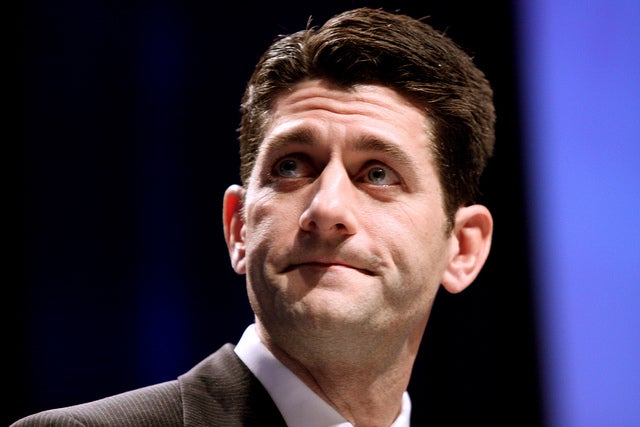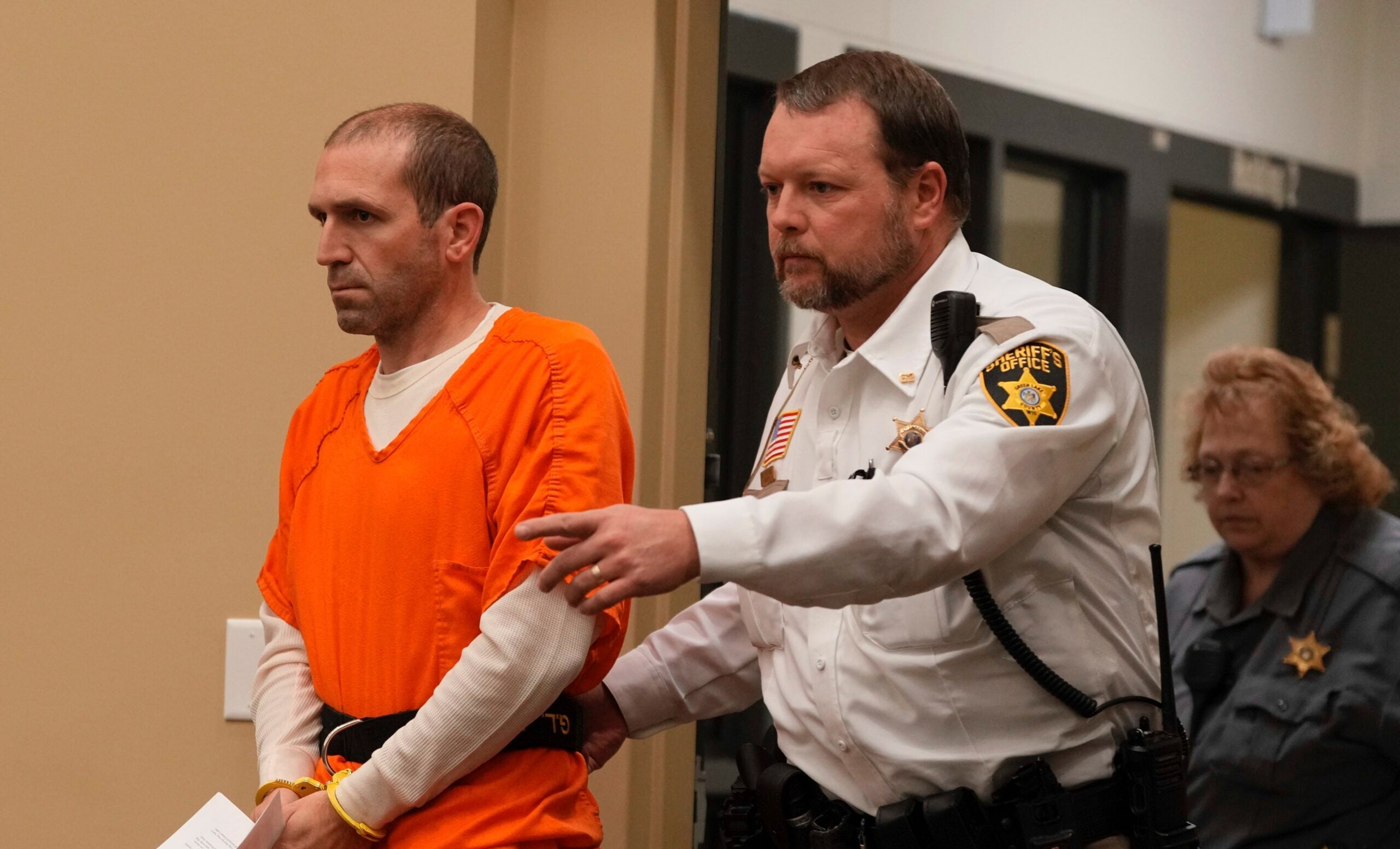Former Republican vice presidential candidate and U.S. Rep. Paul Ryan is pushing away questions about whether he’ll run for the White House in 2016. For now, he says, he’s focused on his bid for re-election against Democrat Rob Zerban in Wisconsin’s 1st Congressional District.
Ryan and Zerban also squared off two years ago, but Ryan was not very visible at the time given that he was also Mitt Romney’s running mate in the 2012 presidential election. Ultimately, Zerban lost that election by 11 percentage points — the smallest margin of victory Ryan had seen in many years.
On Tuesday night at Carthage College in Kenosha, Zerban and Ryan held their first of two scheduled debates this month, with Zerban arguing the incumbent is now more familiar with the political ways and waters of Washington, D.C. than of southeastern Wisconsin.
News with a little more humanity
WPR’s “Wisconsin Today” newsletter keeps you connected to the state you love without feeling overwhelmed. No paywall. No agenda. No corporate filter.
“I would say he’s gotten so good at the Potomac two-step that he may have forgotten where the Root River and Pike Creek are,” said Zerban.
Zerban also said that as one of the leaders of the Republican majority in the House, Ryan has not been interested in helping President Barack Obama.
“If we have nothing but constant dysfunction (and) gridlock in D.C. because of the parties not being able to get along, that is the wrong image that we need to present around to the world,” said Zerban.
Zerban said Ryan has not shown leadership on major issues. Ryan, however, argued just the opposite, noting his bipartisan work on the budget sequester.

Democrat Rob Zerban, a businessman from Kenosha, lost to Paul Ryan in 2012 by only 11 points. Photo: Rob Zerban (CC-BY-ND).

Paul Ryan, to the far left, met Rob Zerban, to the far right, on Monday night for the first of two debates. Photo courtesy of Carthage College.
“I negotiated the first budget agreement in a divided Congress since 1986 with Patty Murray to get some deficit reduction, to save things from the sequester like Defense, the National Institute of Health, and to prevent two government shutdowns,” said Ryan.
Ryan also said he’s been a leader in trying to address what he believes are long-term financial problems with major programs, including Social Security.
“I would means-test it more, meaning not as much of a benefit increase for those who are higher income. I would raise the minimum benefit to make sure that everyone’s out of poverty. And I would adjust it in future years for age,” said Ryan.
Zerban disagreed with some of Ryan’s proposed solutions. The two men also differ over the Affordable Care Act — with Zerban in favor of it and Ryan against it — and raising the national minimum wage — once again with Zerban in favor of it, and Ryan opposed. On climate change, Zerban backs a U.S. Environmental Protection Agency proposal to reduce carbon dioxide emissions. Ryan ridicules the plan.
Carthage College political scientist Jerry Mast said, however, that perhaps the biggest difference between the two candidates is not in terms of issues, but in terms of campaign finance.
“Congressman Ryan has raised $8.5 million,” said Mast. “That’s $8 million more than Mr. Zerban.”
Mast added that a Ryan re-election would align with a national trend: “Part of the dysfunction of Congress is that 90 percent of us disapprove of (its performance), but we’re going to send 90 percent of the incumbents back.”
If Ryan does hold off Zerban in the final weeks of the congressional contest, he will again face questions regarding whether he will seek the presidency in 2016. On Monday night, he was asked if the current race for the House would be his last.
“I don’t think so — I have no idea,” said Ryan. “I take one term at a time,. I’m not one of these people who has my life mapped out two, four, six eight years.”
Ryan said he still thinks there’s still a lot more he can do for the people in Wisconsin’s 1st Congressional District. Zerban said that if Ryan wins next month, he wouldn’t be surprised if Ryan launches a presidential campaign early next year.
Wisconsin Public Radio, © Copyright 2025, Board of Regents of the University of Wisconsin System and Wisconsin Educational Communications Board.







